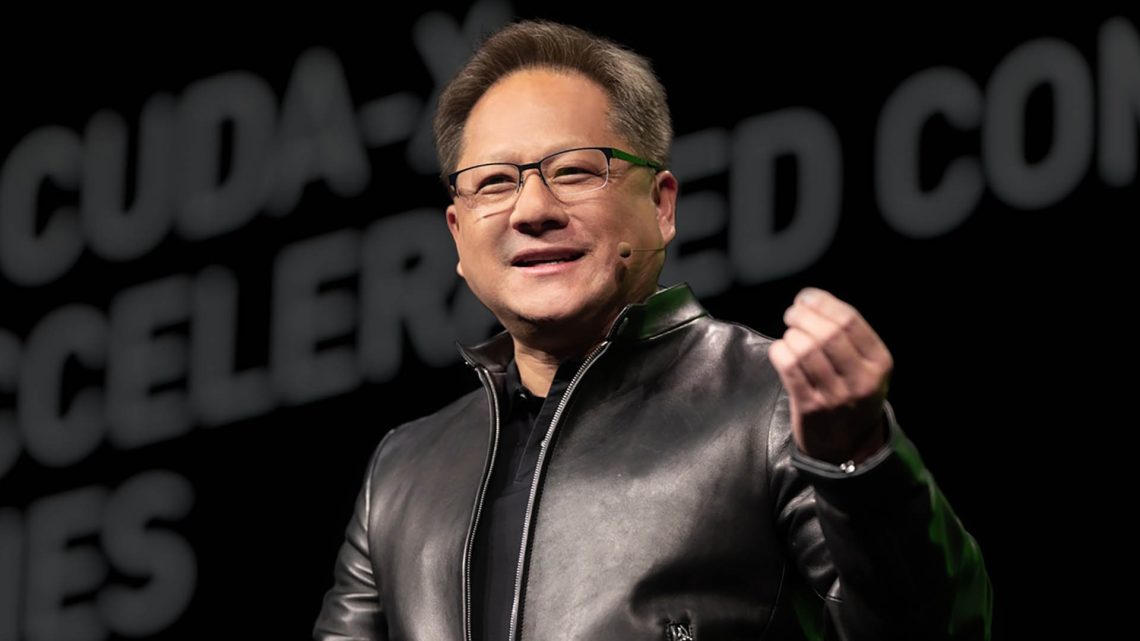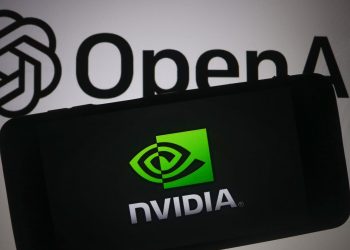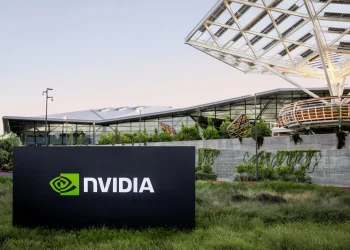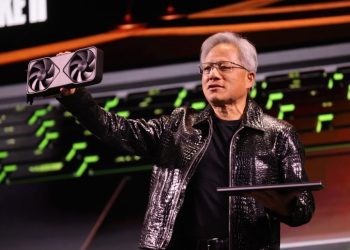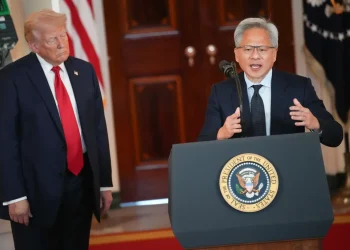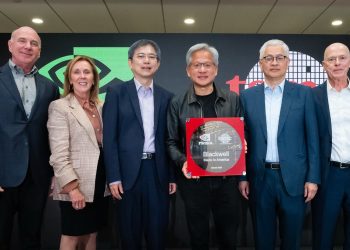Santa Clara, May 17, 2025 – Nvidia CEO Jensen Huang announced the company will not develop another AI chip from its Hopper series for the Chinese market, following expanded U.S. export restrictions that limit access to advanced semiconductors.
During a livestream interview with Taiwan’s Formosa TV News Network, Huang stated,
“It’s not Hopper, because it’s not possible to modify Hopper anymore.”
The remarks follow intensified regulatory pressure under the Framework for Artificial Intelligence Diffusion, a U.S. policy introduced in the final weeks of the Biden administration aimed at curbing the international proliferation of high-end AI technology.
H20 Chip and Nvidia’s China Strategy
Until recently, the H20 chip—a downgraded version of Nvidia’s AI processors—was the only chip legally permitted for sale in China. It had been custom-built to comply with U.S. trade rules.
However, after new restrictions rendered even the H20 problematic, Nvidia has reportedly begun working on a further downgraded chip for China. This is seen as a strategic move to counter competition from Huawei, which has gained considerable ground in the region.
Despite regulatory setbacks, China remains a critical market for Nvidia, generating $17 billion in revenue, or 13% of the company’s total sales in the fiscal year ending January 26, 2025.
Policy Criticism and Geopolitical Tension
Huang openly criticized U.S. export policies, arguing that they were misguided in their intent and execution.
“They should have focused on maximizing U.S. technology adoption worldwide,” he said.
Former President Donald Trump, now running for re-election, has indicated that he would repeal the AI diffusion rules, calling them a drag on American innovation and competitiveness.
As Nvidia repositions itself, the company faces the dual challenge of maintaining its presence in China while staying compliant with increasingly complex export regulations from Washington.
Bottom Line: Nvidia is pivoting away from its Hopper architecture for China and working on new chip solutions to remain competitive, even as U.S. policy casts a long shadow over AI supply chains and global tech alliances.https://www.youtube.com/watch?v=7k6z3Gd4WuE
